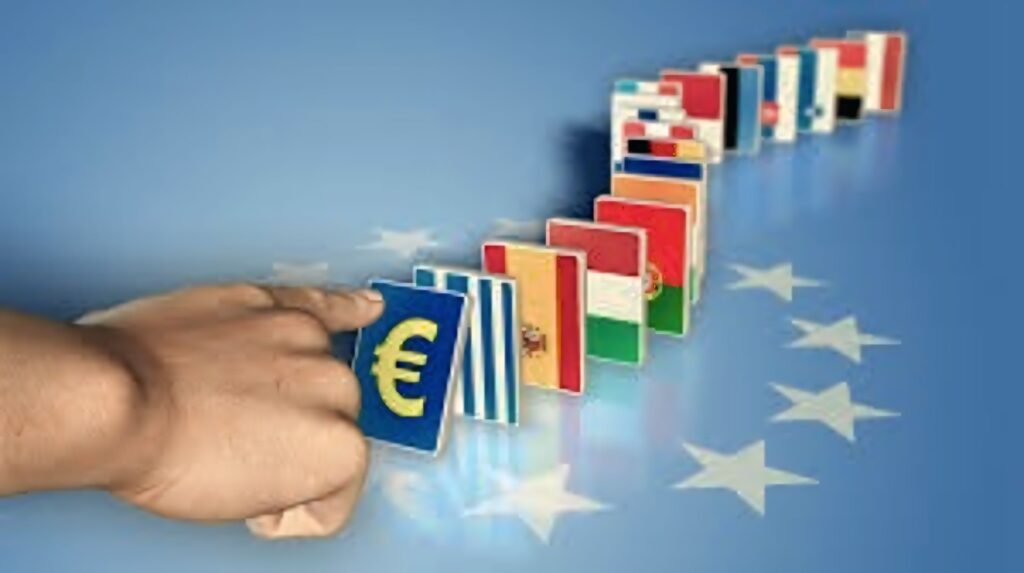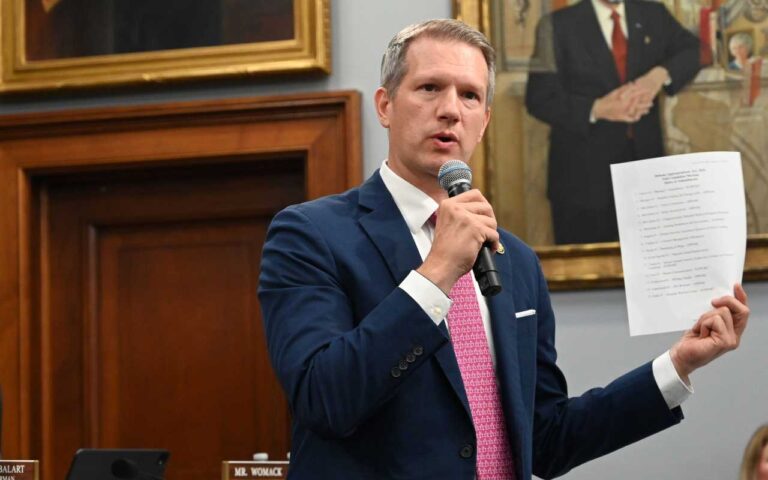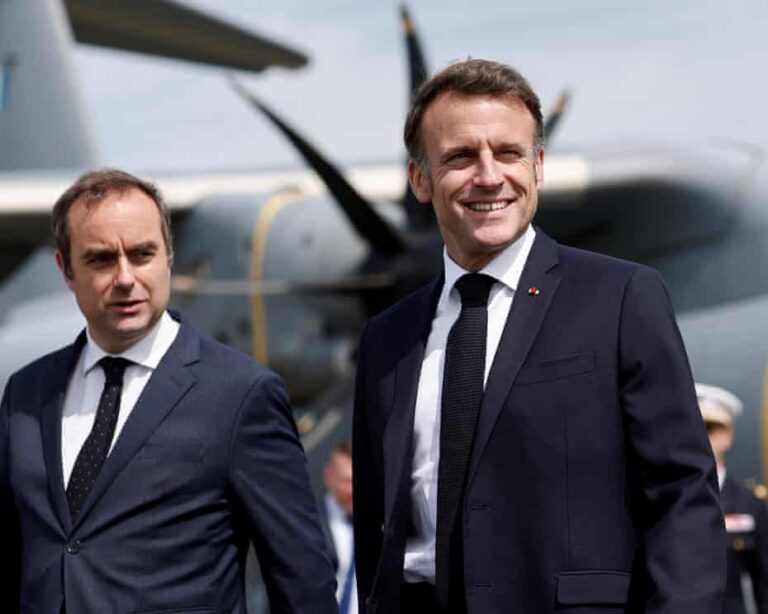
Europe stands as one of the world’s most dynamic and complex economic regions, where centuries-old traditions meet cutting-edge innovation. We find ourselves in an era where European economies are navigating through significant transformations, from digital revolution to sustainable development initiatives. The continent’s economic prowess is reflected in its €15.3 trillion GDP, making it one of the largest economic blocs globally.
The European Single Market represents one of humanity’s most ambitious economic experiments. This sophisticated system allows over 440 million people to trade freely across borders, creating unprecedented opportunities for businesses and consumers alike. We observe how this framework has revolutionized intra-European commerce, enabling companies to scale rapidly across multiple countries while maintaining consistent standards.
The market’s four fundamental freedoms: goods, services, capital, and people have created a deeply integrated economic ecosystem. Small businesses in Portugal can seamlessly sell to customers in Finland, while German manufacturers can establish production facilities in Hungary without bureaucratic hurdles.
The Euro, used by 20 member states, has evolved into a global reserve currency, second only to the US dollar. The European Central Bank, headquartered in Frankfurt, orchestrates a delicate monetary ballet, maintaining price stability while supporting economic growth across diverse economies. We’ve witnessed how this common currency has eliminated exchange rate risks for businesses operating within the Eurozone, though it also presents challenges in coordinating fiscal policies among member states.
Germany’s economy rests on its world-class manufacturing sector, particularly in automotive, machinery, and chemical industries. The country’s Mittelstand medium-sized family businesses forms the backbone of its industrial success, combining traditional values with technological innovation.
France presents a more diversified economic landscape, excelling in luxury goods, aerospace, and agriculture. The country’s high-speed rail network and nuclear energy infrastructure demonstrate its commitment to modern infrastructure development.
The United Kingdom, despite Brexit, maintains its position as a global financial hub, with London’s City continuing to innovate in fintech and international banking.
Eastern European nations are experiencing remarkable transformations. Poland has become a major manufacturing hub, while Estonia has earned the nickname “E-stonia” for its digital governance initiatives. We’re seeing how these economies are leveraging their educated workforce and lower operational costs to attract international investment.



